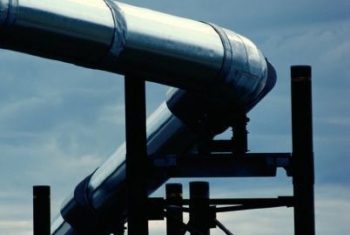 May 2007 • Working Paper 10 •
May 2007 • Working Paper 10 •
This contribution is the transcription of Dr.-Ing. Hildegard von Liechtenstein’s intervention at the Convention on International Law and Politics organized by The University of St.Gallen in St.Gallen (Switzerland), to discuss The Quest for Energy (30th November-2nd December 2006). Powerful and realist, this analysis cleaves to the Note Dr.-Ing. Hildegard von Liechtenstein published in March 2006 with the Thomas More Institute European Energy Policies: 10 questions, 10 answers for the Future. It is also in line with the Working Paper published by Jean-Sylvestre Mongrenier, Research Fellow of the Thomas More Institute, on the occasion of the Helsinki Summit, in November 2006 The stakes of EU/Russia summit in Helsinki : Brussels and Moscow between energetic partnership and “geoeconomic struggle”.
From Kosovo, to the American missile shield issue, and including energy stakes, numerous disagreements appeared between Moscow and Brussels as the EU-Russia Summit of Samara (Russia) is to take place on the 18th of May. The debate about energy, although a priority of the German presidency of the EU, does not seem to have made any progress on fundamental options: declarations of principles on renewable energies, strong resistance against the choice of nuclear energy, etc. As the European dependence on Russian supplies provide Moscow with an opportunity to pressure numerous member-states, Europe seems unable to adopt a clear, ambitious, and voluntarist strategy. In this context, the energy issue is to become a major political and geopolitical stakes. Dr.-Ing. Hildegard von Liechtenstein’s contribution is a call for realism and political voluntarism: “Nuclear is not the only solution, but there is no solution without”.


